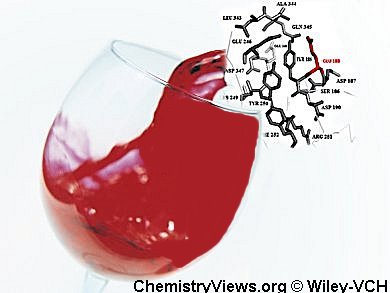Enzymes are natural biocatalysts and are used in many industrial applications. Laccases are copper-containing enzymes that catalyze the reduction of molecular oxygen to water without the requirement of any further cofactors. Due to the wide variety of substrates and reactions, including the ability to detoxify or remove xenobiotics, degradation of polymers, ring cleavage, and many more, laccases are of special interest for industry.
Khosro Khajeh, Tarbiat Modares University, Tehran, Iran, and colleagues enhanced the stability of laccase in organic solvents by site-directed mutagenesis of certain amino acids. Enzyme activity in the presence of organic solvents usually is impaired, because the organic solvent alters important hydrophobic interactions inside the enzyme leading to destabilization. The presence of more nonpolar and positively charged residues leads to an increase in stability and activity of laccase in the presence of methanol, ethanol, and 1-propanol.
Due to the attractive properties of organic solvents, such as elimination of microbial contamination and increasing the solubility of nonpolar substrates, this approach is of special interest for the application of laccase in industrial processes.
- Protein engineering of laccase to enhance its activity and stability in the presence of organic solvents
Behnam Rasekh, Khosro Khajeh, Bijan Ranjbar, Nasrin Mollania, Banafsheh Almasinia, Hassan Tirandaz
Engineering in Life Sciences 2014.
DOI: 10.1002/elsc.201300042

